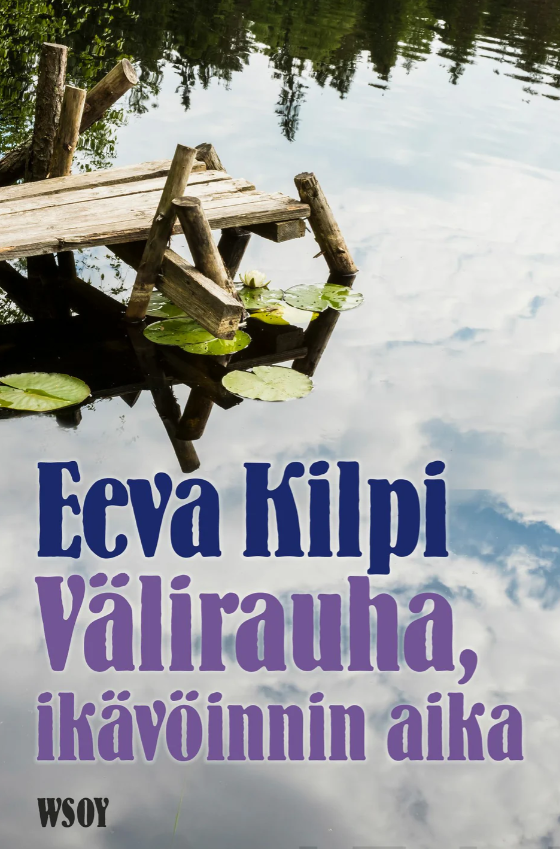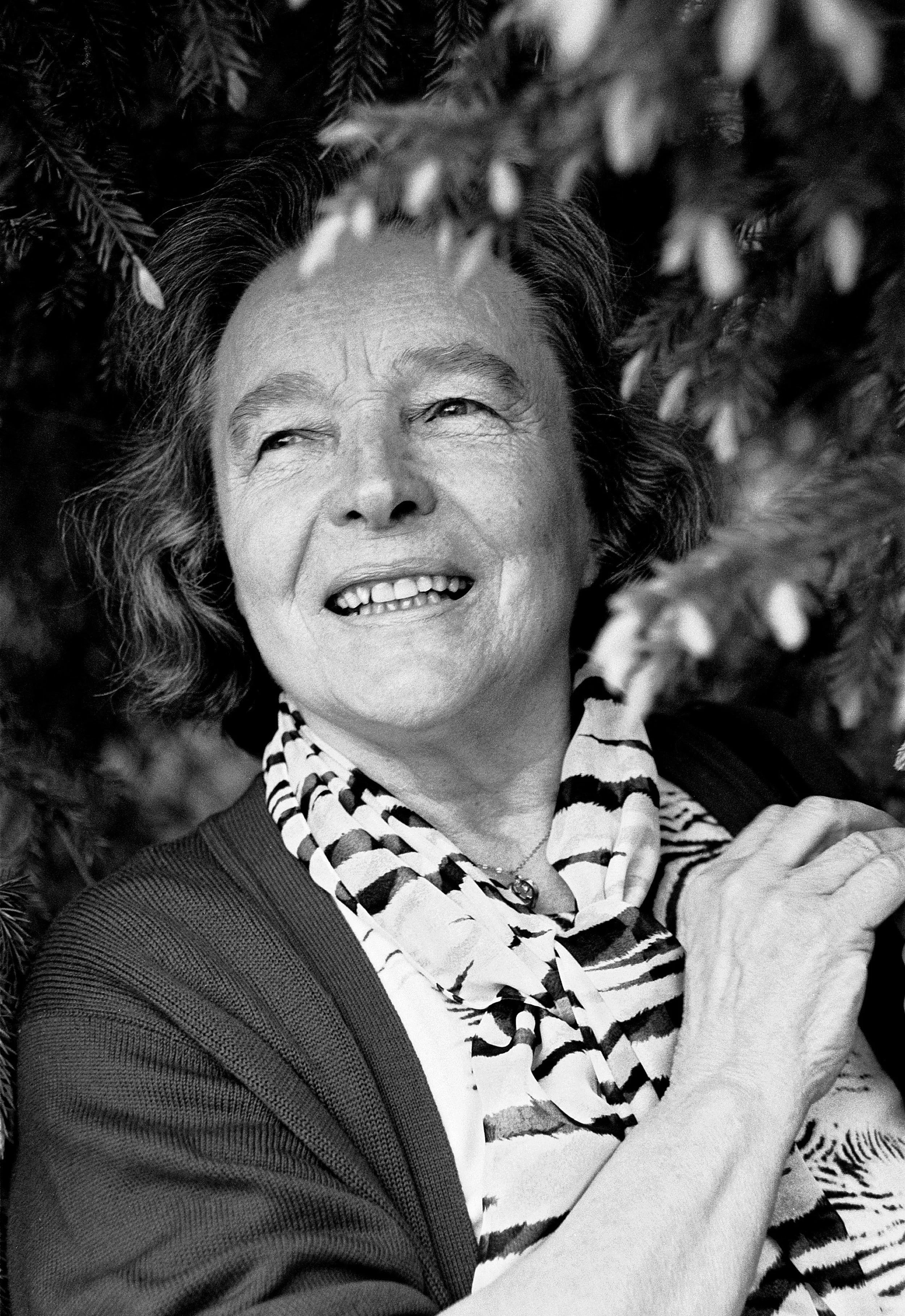THE WARTIME TRILOGY
by Eeva Kilpi
THE TIME OF THE WINTER WAR
Talvisodan aika: lapsuusmuistelma. WSOY 1989, 200pp
Runeberg Prize 1990
Aleksis Kivi Foundation Prize 2017
Prizewinning first installment of an autobiographical trilogy
Indispensable part of Finnish war literature
“‘War’s coming’. One day my father comes out with the familiar words in a totally unfamiliar way, while we’re sitting round the kitchen table eating, or just starting to eat.
He says to mother, as if we simply aren’t there, as if we don’t need to bother, or as if listening means not understanding. Or perhaps they’ve simply no other chance to speak to each other, as father’s always got to be off hunting, or on his way to the station, and mother’s always cooking.
Yes, it’s definitely coming now.”
During the time of the Winter war, Eeva Kilpi was an 11-year old-schoolgirl in Karelia. The territory was ceded to the Soviet Union and the population was evacuated.
Kilpi's controlled analysis of the time reveals something invaluable about the war seen from a child’s perspective. Kilpi also examines the border between remembering and forgetting.
The Time of the Winter War is a sincere and carefully sketched fictional documentary. It offers a vivid, touching picture of the home front, the breath of the times and the spirit of the era.
INTERIM PEACE – TIME OF LONGING
Välirauha, ikävöinnin aika. WSOY 1990, 171pp
Aleksis Kivi Foundation Prize 2017
In the second installment of her prizewinning autobiographical trilogy, Eeva Kilpi observes the situation of the Karelians, forcibly uprooted from their homes. She asks hard-hitting questions: what is it like when social systems crumble? When your human status and personal history vanish? How does the transient nature of life affect people's morals and sense of self-worth?
The object of longing is the time that was lost, but also the loss of a physical place that one can call home, also symbolically.
Kilpi unveils previously untold truths about the war, and this is setting her apart from all other Finnish novels or works of non-fiction. Kilpi poignantly explores feelings of alienation and absence of personal history. These feelings can be aptly applied to the lives of any refugees today.
THE TIME OF THE CONTINUATION WAR
Jatkosodan aika. WSOY 1993, 331pp
Aleksis Kivi Foundation Prize 2017
Eeva Kilpi’s autobiographical series, which began from the time of the Winter War, moves from the depths of the inter-war peace to the great upheavals and changes of the Continuation War.
Eeva Kilpi gives a poignant account of what it is like for a child to grow up in an atmosphere of constant farewells. The war rapidly transformed the children into miniature adults, destroying much of their joy, courage and enthusiasm. Eeva Kilpi points out that she “grew up from the age of 11 to 17 during those years. That part of me is still dysfunctional, disconnected, broken, scarred, dying.”
The autobiographical trilogy consisting of The Time of the Winter War (1989), Interim Peace, Time of Longing (1990) and The Time of the Continuation War (1993), won Eeva Kilpi the prestigious Aleksis Kivi Foundation Prize for 'a socially significant life's work' in 2017.
PREVIOUSLY PUBLISHED IN: Finnish: WSOY (orig.), Danish, Dutch, Swedish.
Please ask for the availability of rights in your territory!
Materials available: English sample translation (books 1-3), Full Finnish pdf (books 1-3)
Kilpi was born in 1928 in Finnish Karelia, that Finland had to cede to the Soviet Union after the Winter War. In her autobiograhpical trilogy, Kilpi writes her painful experience of being a wartime evacuee. The novels are topical, offering a voice for those who had to flee from war, who lost their homes, their loved ones, their language and culture. The works also provide tools with which to discuss silenced feelings and experiences.
Eeva Kilpi has been awarded Finland’s State Prize for Literature four times and the Aleksis Kivi Prize for her lifetime literary achievements in 2017.
In Finland, Kilpi is considered a national treasure, a courageous trailblazer and a feminist icon. Her work consists of poetry, novellas and autobiographical works, translated into 20 languages.
Author photo © Veikko Somerpuro/WSOY




